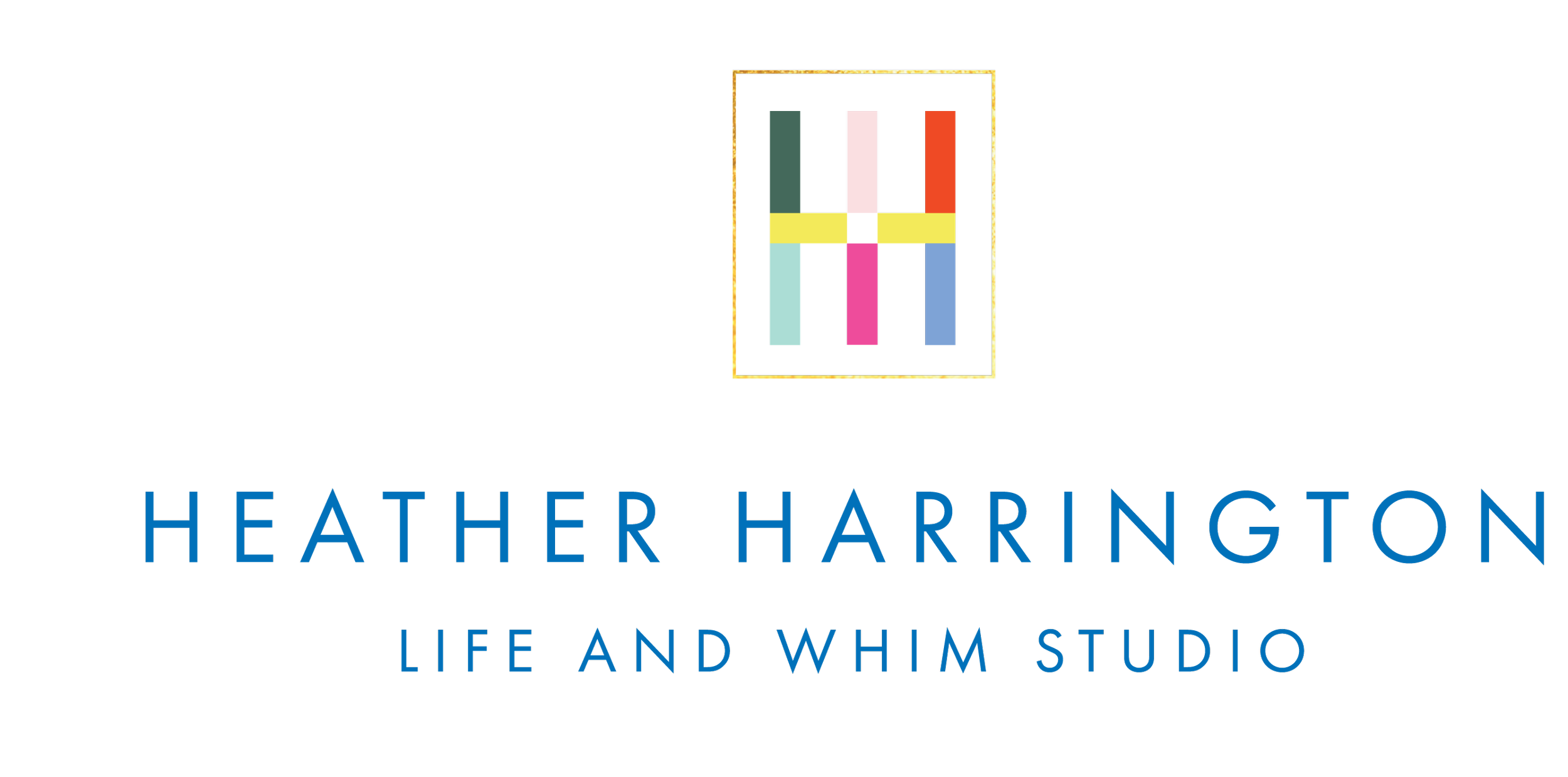The Most Important Contributor to Happiness, According to Science
In the summer of 2017, I spent months in a state of inaction, wrestling with myself about a problem I was facing. I had an idea for a book I wanted to write, but I was worried that a publisher wouldn’t be interested in it. I wrote and rewrote book proposals, researched literary agents, and weighed pros and cons.
I was worried that the book wouldn’t be good enough. I feared being rejected by the traditional publishing industry.
Around Labor Day, I had an epiphany and came to a resolution: Just write the damn book. After all, how was I to know whether the book was good enough until there was an actual book in existence to judge?
Six months later, the book was published. But I didn’t go the traditional publishing route. Shortly after I started to write the book, I decided to self publish. With action, the right decision became clear. I wasn’t going to put my dream into someone else’s hands. I didn’t want to relinquish creative control to a gatekeeper. I decided to succeed or fail on my own terms.
By assuming control, the weight of the anxiety I was feeling lifted. The inertia of inaction eased and was replaced by the joy of autonomy.
***
The Happiness of Freedom
Ours is a happiness-obsessed culture. By and large, this is a good thing. We should optimize for happiness. Problems arise, however, when we fail to understand from where true happiness derives.
For example, before making the decision to self publish my book, I was unhappy because I was focused solely on the end result: a traditionally published book. I thought that having a publisher’s seal of approval would give the book (and me, by extension) the imprimatur of higher status. Therefore, unless and until I had a book deal, I was outsourcing my happiness by placing control of the outcome in someone else’s hands.
This led to inaction, because as long I didn’t actually write the book, there was nothing in existence for someone else to evaluate and reject. I could cling to the idea that I had a good book inside me—and daydream about the happiness it would bring to me once completed—but never move forward. All this accomplished was to make me miserable.
What I failed to understand was that true happiness doesn’t flow from the results of taking action, but rather the taking of action itself.
Indeed, according to a recent report by The Journal of Personality and Social Psychology, the highest predictor of happiness is not money, good looks, or popularity. It’s “autonomy,” which the report defines as "the feeling that your life—its activities and habits—are self-chosen and self-endorsed." Researcher Angus Campbell explained that, "Having a strong sense of controlling one's life is a more dependable predictor of positive feelings of well-being than any of the objective conditions of life we have considered.”
A University of Michigan nationwide survey of adults backs up these findings. It found that 15% of Americans who claimed they felt "in control of their lives" reported having "extraordinarily positive feelings of happiness."
When I was unhappily weighing the pros and cons of how to move forward on my book I was waiting around to get picked. It was only after choosing to pick myself that I summoned the motivation to move forward—and during the process my frustration evolved into happiness and contentment. I focused on the actions within my control—specifically, getting my butt out of bed early in the morning and writing the book—rather than outcomes that someone else could determine.
***
Don’t Wait to get Picked
Too many people export their happiness to the whims of external forces rather than empowering themselves by being independent actors. They chase approval instead of autonomy. This takes many forms, from obsessing over social media “likes” to worrying about being accepted into the “right” social circles. In a business or professional setting, it may involve worrying about things like awards, accolades and titles. Focusing on these types of outcomes is a recipe for unhappiness precisely because they’re out of our control.
People who wait to get picked exhibit what is called an “external locus of control.” People who pick themselves exhibit an “internal locus of control.” Someone with an internal locus views themselves as the master of their domain who makes things happen, while someone with an external locus believes that things happen to them.
***
Start Taking Small Actions
Like most things in life that matter, living an autonomous life starts with small, consistent forward movement.
As Oxford University psychologist Michael Argyle explained,"For unhappy people, their time is unfilled, open, and uncommitted. They postpone things and are inefficient. For happy people, time is filled and planned. They are punctual and efficient."
When your life feels out of control, the challenges you face often feel insurmountable. You need to seize back control, but change won’t happen all at once. It only happens slowly and sequentially.
By taking action, momentum will build. You’ll feel empowered. You’ll start to feel autonomous. You’ll seize more control. And the virtuous cycle of autonomy will set in. You’ll be more purposeful and intentional with your time. The feelings of listlessness and helplessness over outside circumstances will subside. You’ll procrastinate less and take action more. Most importantly, you’ll be happier.


